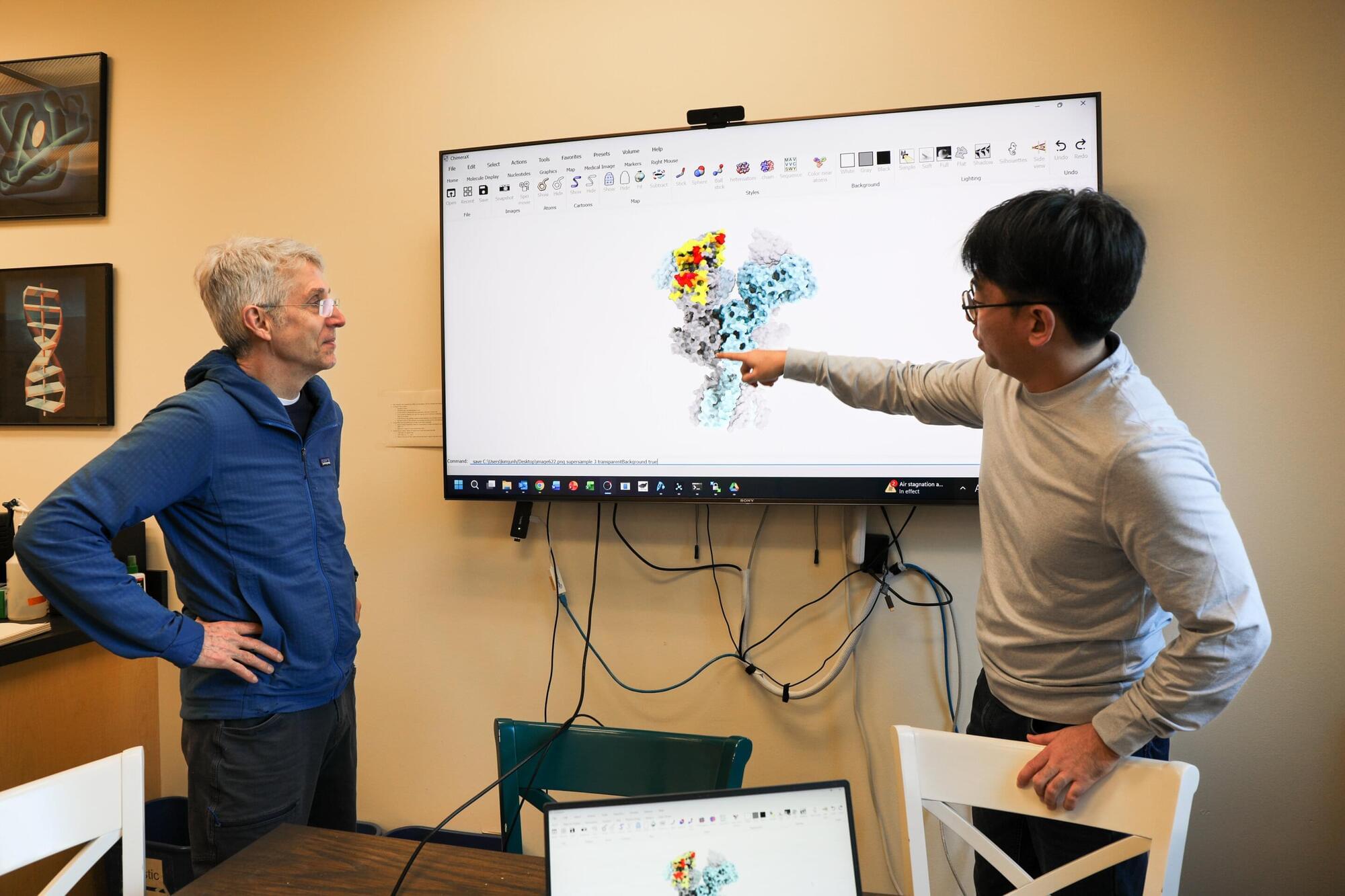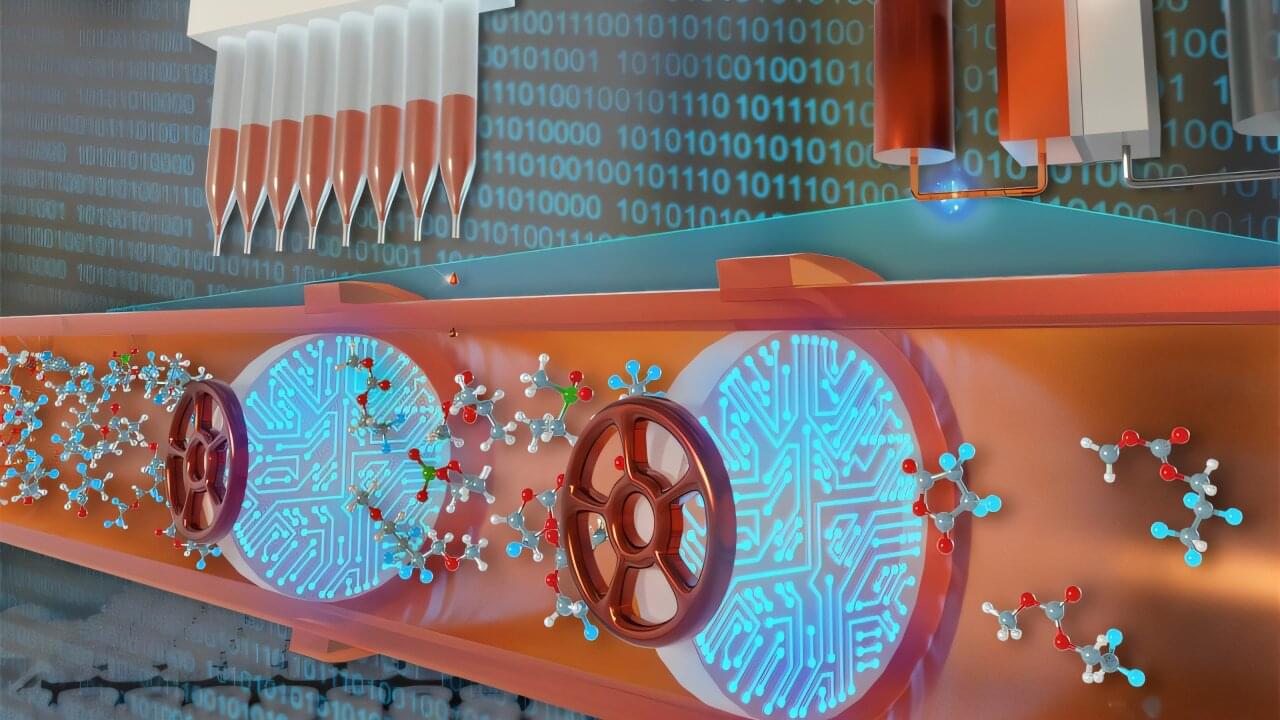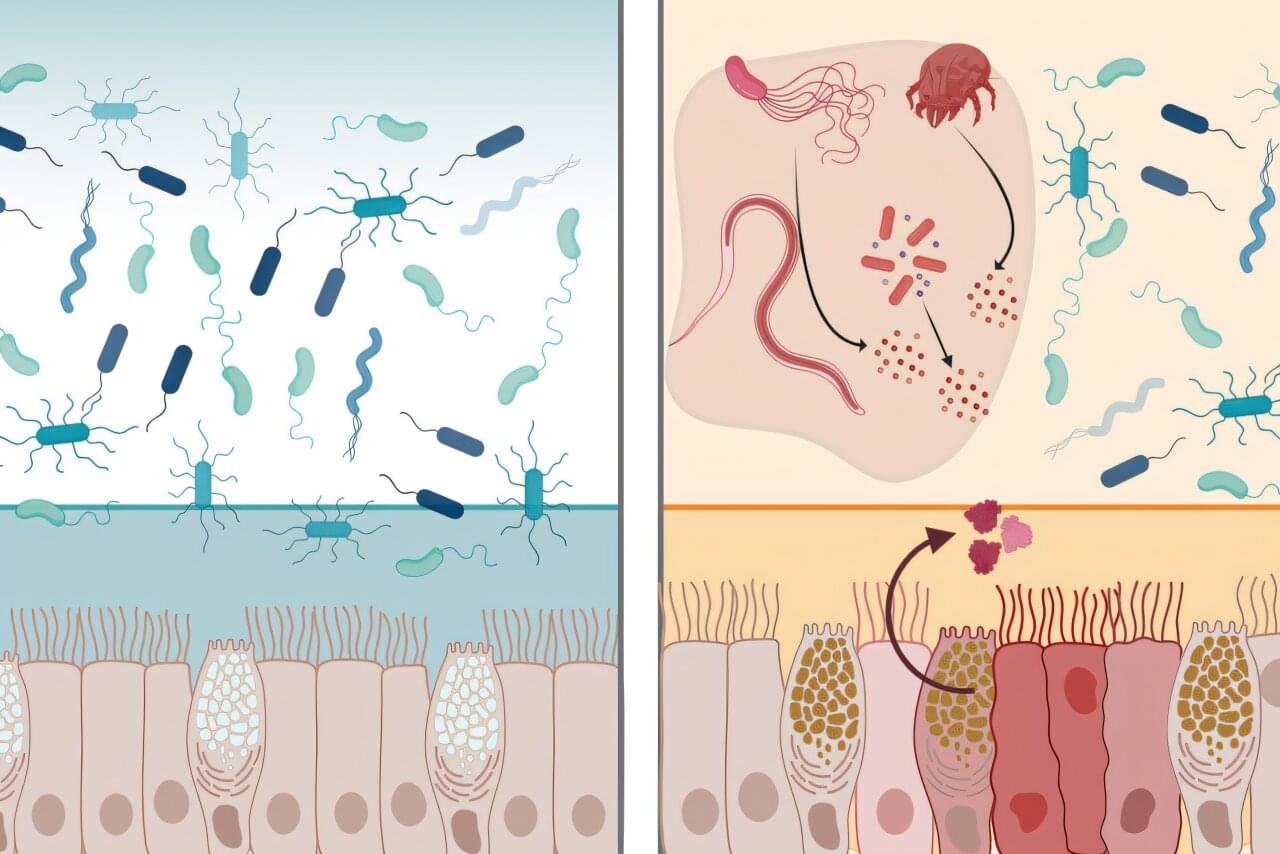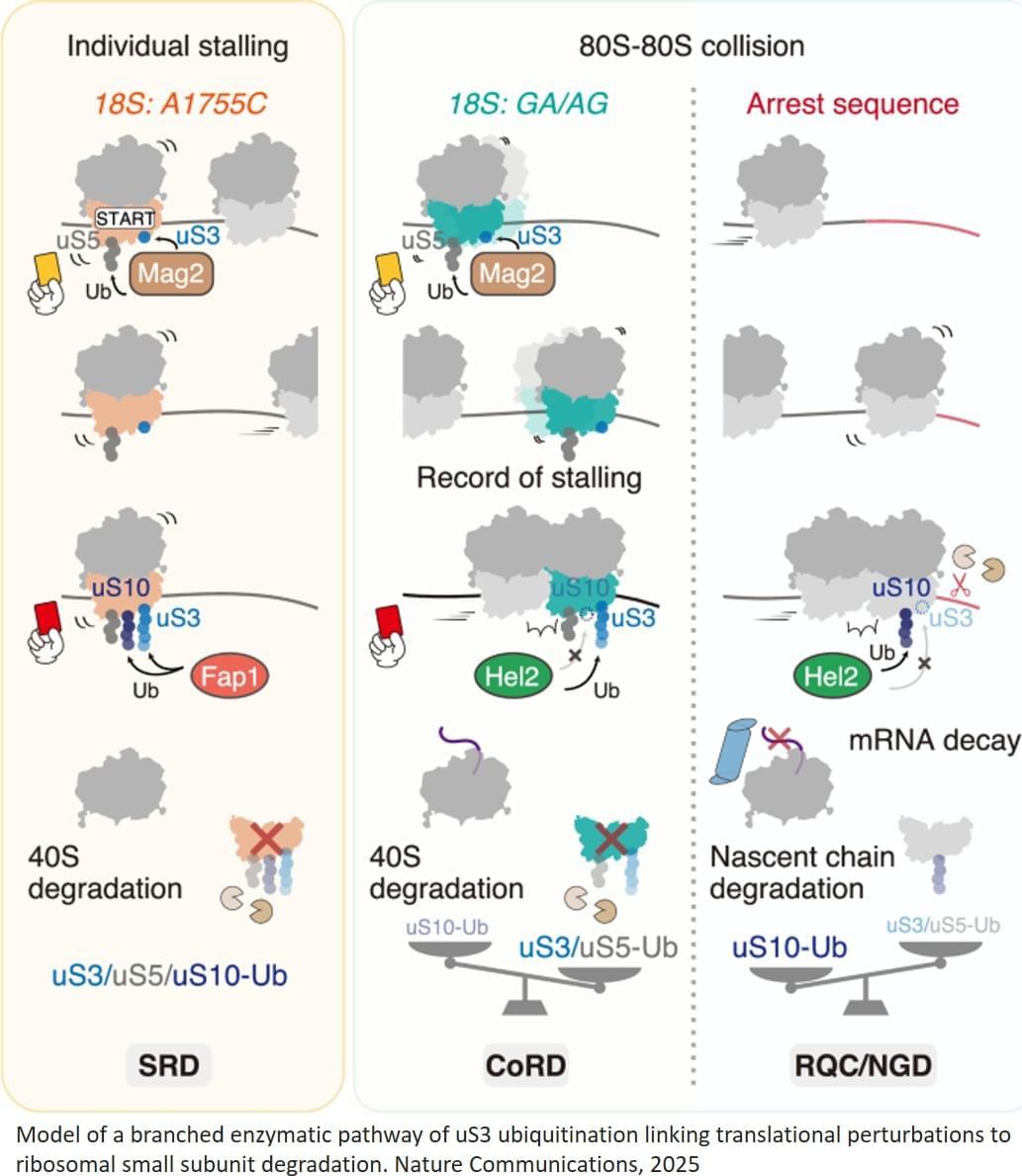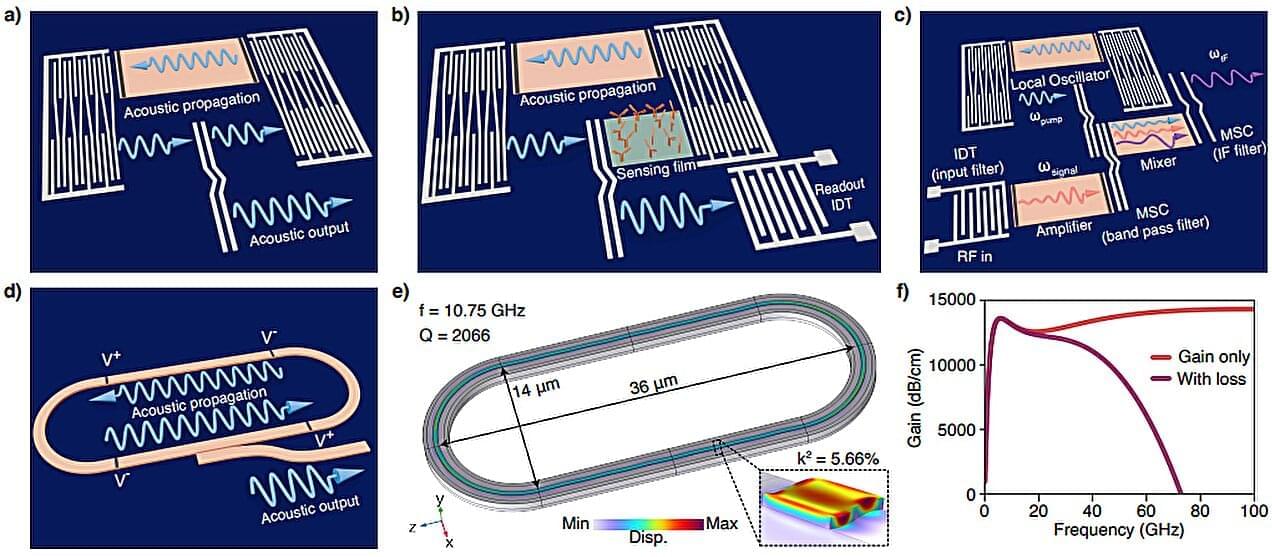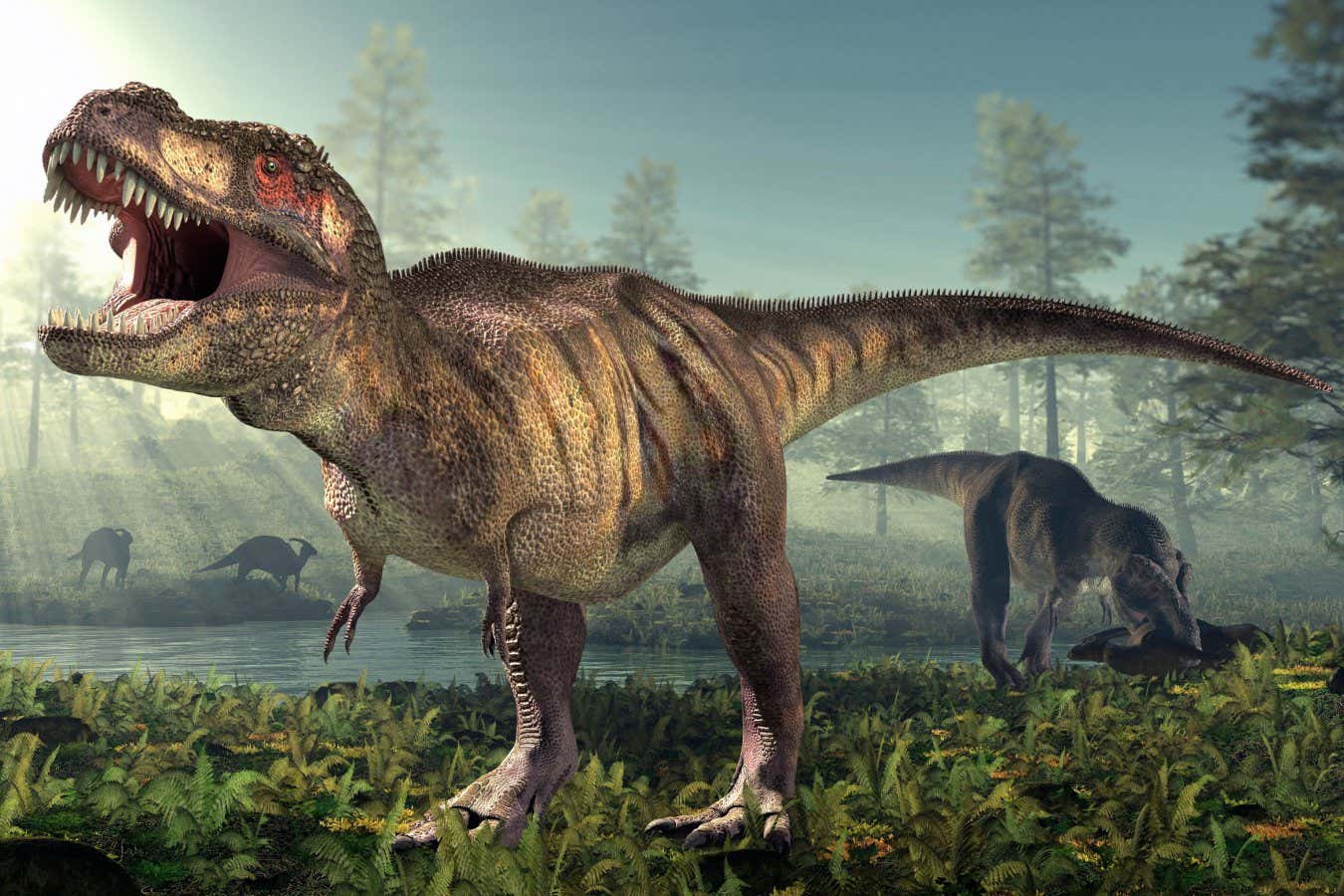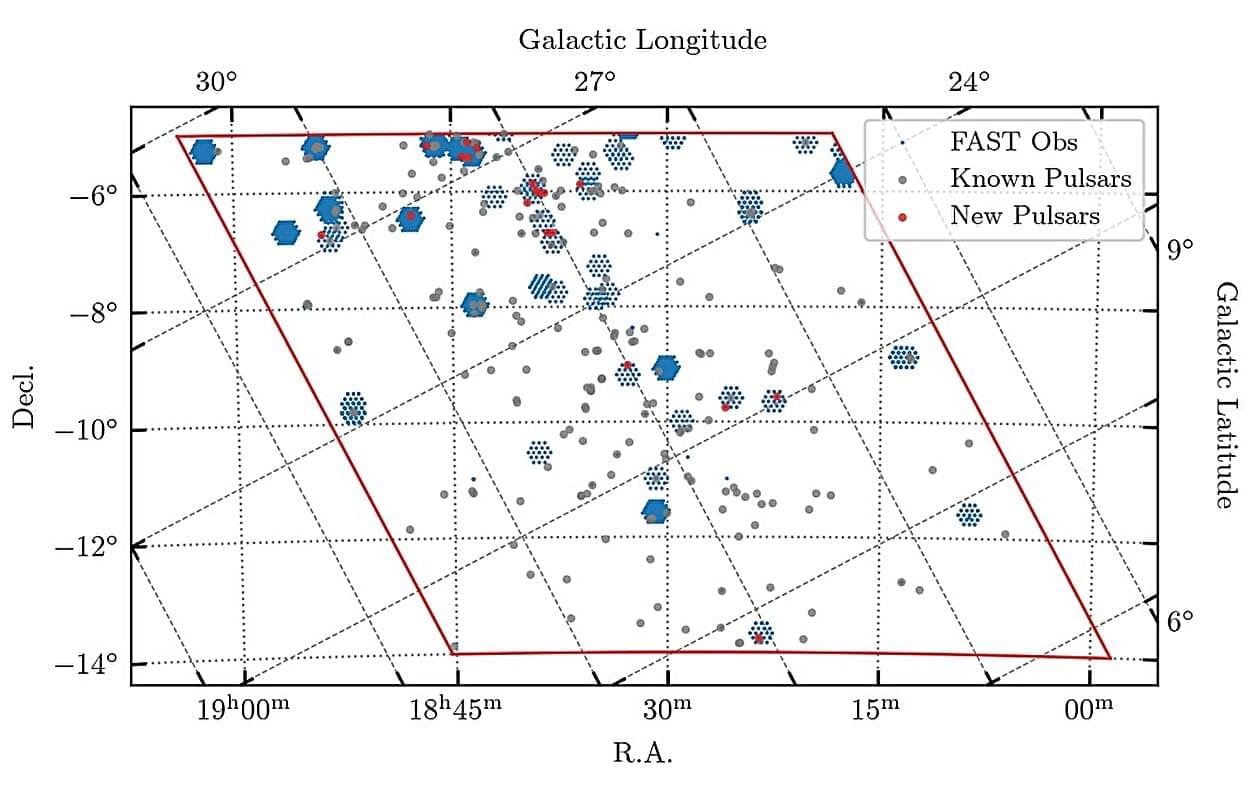According to the new results, as epithelial tissue grows, cells are packed more tightly together, which increases the electrical current flowing through each cell’s membrane. A weak, old, or energy-starved cell will struggle to compensate, triggering a response that sends water rushing out of the cell, shriveling it up and marking it for death. In this way, electricity acts like a health checkup for the tissue and guides the pruning process.
“This is a very interesting discovery — finding that bioelectricity is the earliest event during this cell-extrusion process,” said the geneticist GuangJun Zhang of Purdue University, who studies bioelectrical signals in zebra fish development and wasn’t involved in the study. “It’s a good example of how a widening electronic-signaling perspective can be used in fundamental biology.”
The new discovery adds to the growing assortment of bioelectrical phenomena that scientists have discovered playing out beyond the nervous system, from bacteria swapping signals within a biofilm to cells following electric fields during embryonic development. Electricity increasingly appears to be one of biology’s go-to tools for coordinating and exchanging information between all kinds of cells.

